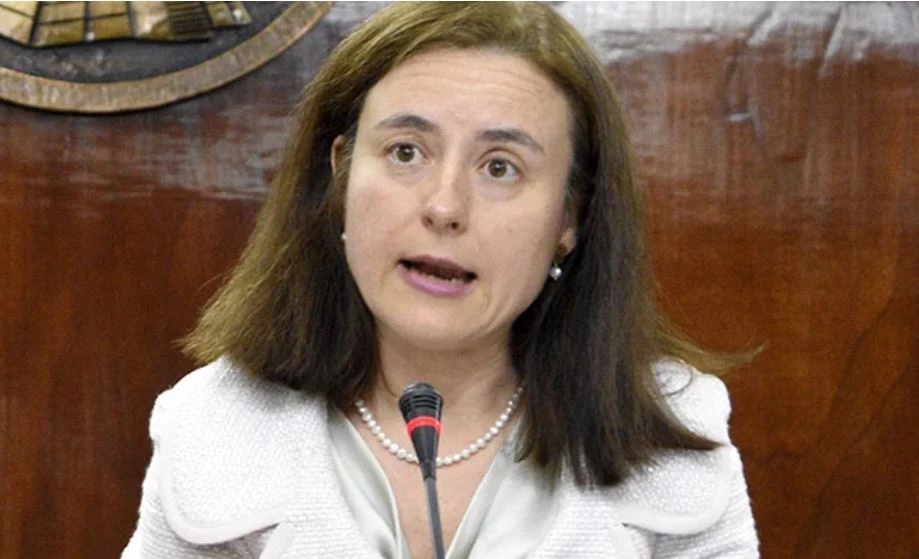IMF goes off track, holds direct talks with Pakistan’s political leaders

Stay tuned with 24 News HD Android App

In an unusual manner, the officials of the International Monetary Fund have decided to hold meetings with the representatives of Pakistan's political parties in order to seek assurances for the new IMF programme, reported 24NewsHD TV channel on Friday.
“IMF staff are in the process of meeting with representatives of the major political parties in Pakistan, including PML-N, PPP, and PTI, to seek assurances of their support for the key objectives and policies under a new IMF-supported program ahead of the approaching national elections,” Esther Perez Ruiz, IMF Resident Representative in Pakistan said.
“As announced, the new SBA with Pakistan is expected to be considered by the IMF Executive Board in the coming days,” she added.
The IMF officials are expected to meet PTI Chairman Imran Khan today as was informed by party leader Hammad Azhar in his tweet.
In his tweet, Azhar said: “PTI's economic team has been approached by the IMF to solicit the party's support for the USD 3 BN Stand-By Agreement and its broad objectives.
“An IMF team will call on Party Chairman Imran Khan at Zaman Park this afternoon. Both PTI's economic team and the IMF team will join, in person and virtually, to take part in the discussions.”
https://twitter.com/Hammad_Azhar/status/1677248612101922817
The IMF reached a staff-level pact with Pakistan on a $3 billion stand-by arrangement last week.
The deal, subject to approval by the IMF board in July, comes after an eight-month delay and offers some respite to Pakistan, which is battling an acute balance of payments crisis and falling foreign exchange reserves.
The new standby arrangement builds on the 2019 programme, IMF official Nathan Porter said in a statement on Thursday, adding that Pakistan’s economy had faced several challenges in recent times, including devastating floods last year and commodity price hikes following the war in Ukraine.
“Despite the authorities’ efforts to reduce imports and the trade deficit, reserves have declined to very low levels. Liquidity conditions in the power sector also remain acute,” Porter said in a statement.
“Given these challenges, the new arrangement would provide a policy anchor and a framework for financial support from multilateral and bilateral partners in the period ahead.”
Reforms in the energy sector, which has accumulated nearly 3.6 trillion Pakistani rupees ($12.58bn) in debt, have been a cornerstone of the discussions with the IMF.
Reporter Waqas Azeem
